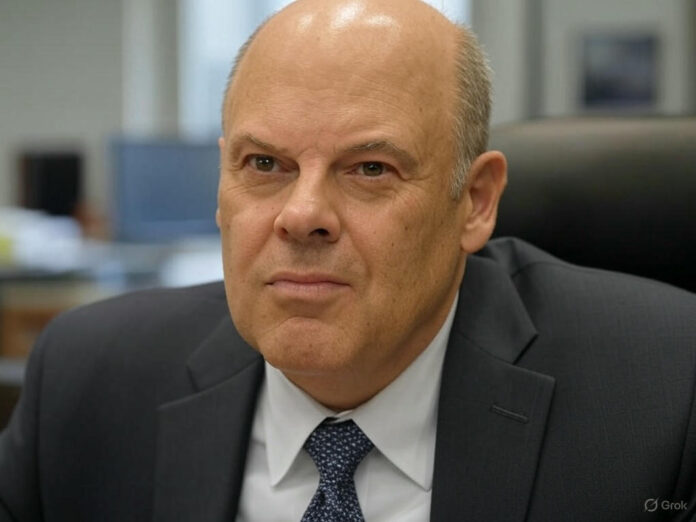U.S. Postmaster General Louis DeJoy resigned effective immediately on March 24, 2025. This decision stunned observers. Just days earlier, he sought help from the Department of Government Efficiency (DOGE), led by Elon Musk, to slash costs at the U.S. Postal Service (USPS). Now, questions swirl about what prompted his sudden exit.
Tensions Flare with DOGE
DeJoy recently partnered with DOGE to tackle the USPS’s financial woes. He agreed to cut 10,000 jobs through voluntary early retirement and trim billions from the budget. However, trouble brewed quickly. TIME reports reveal clashes with DOGE officials. They demanded more control over the agency, but DeJoy resisted. Sources say they branded him “uncooperative.” Consequently, some believe he stepped down to dodge escalating conflict.
Retirement Plans Surface
Meanwhile, DeJoy had already hinted at leaving. In February 2025, he urged the USPS Board of Governors to find his successor. He aimed to ensure leadership continuity for his 10-year Delivering for America plan. In his resignation statement, covered by Reuters and Axios, he praised Deputy Postmaster General Doug Tulino as a capable interim leader. Thus, his exit might reflect a planned departure accelerated by recent events.
Political Pressure Mounts
Political forces also loomed large. President Donald Trump has slammed the USPS as a “tremendous loser, ” pushing radical reforms like privatization. Similarly, Democratic lawmakers criticized DeJoy’s cost-cutting, despite approving $50 billion in relief in 2022. Amid this scrutiny, his talks with DOGE may have intensified the spotlight. As a result, DeJoy possibly chose to bow out rather than face further battles.
Legacy and Questions Linger
DeJoy called his nearly five-year tenure a “crowning achievement.” Still, the timing of his resignation—right after engaging DOGE—sparks speculation. Did friction with DOGE officials push him out? Or did he seize the moment to retire? For now, a mix of strategic retreat, prior plans, and political heat likely fueled his immediate departure.

